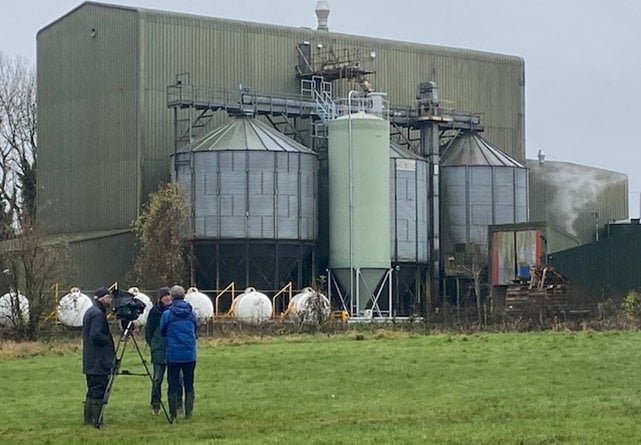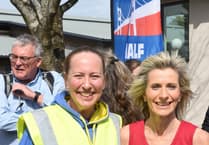A GROUP of residents are joining forces to draw attention to the impact of intensive poultry operations on the local environment - and “in particular” the threat posed to the River Wye.
The group, called ‘Foresters against Fowling’ (FAF), was established at the end of last year to raise awareness of the links between the expansion of poultry farming in the area and the declining health of local rivers, as well as its impact on wider environmental issues.
Members have outlined a range of “direct and indirect adverse conditions” caused by intensive poultry unit (IPU) operations in the area and plan to hold public awareness raising events in the coming months.
They also intend to join up with other local groups who are actively monitoring “any practices which impact the local environment adversely.”
The group says IPU operations have undergone a “huge expansion” locally over the last decade.
They understand there to be at least 11 in the Forest of Dean area and say that although most are “tucked away”, people who live close by are often “quite aware” of the smell of ammonia they give off.
They have also raised concerns about the conditions that the birds are kept in, as well as the impact of “damaging pollutants” which are released into the air on important ancient woodlands nearby.
Their list of adverse conditions includes river pollution from poultry waste spread in river catchment areas, the loss of woodland biodiversity caused by ammonia and dangers to human health from the spread of viruses from animals to humans.
They are also concerned about light, air and noise pollution and odour from IPUs, as well as the “unsustainability of an industry that imports large quantities of soya beans, grown on cut down rainforest land” and the fact that intensive animal rearing contributes to 14.5 per cent of global greenhouse emissions.
The group featured on BBC’s Points West programme in December in a report from the boundary of Clearwell Farm, which houses both an IPU and a feedmill which supplies poultry farms in the Wye catchment area.
The members say they feel the site characterises how “intensive ‘farming’ practices combine to harm the environment and contribute to climate change.”




